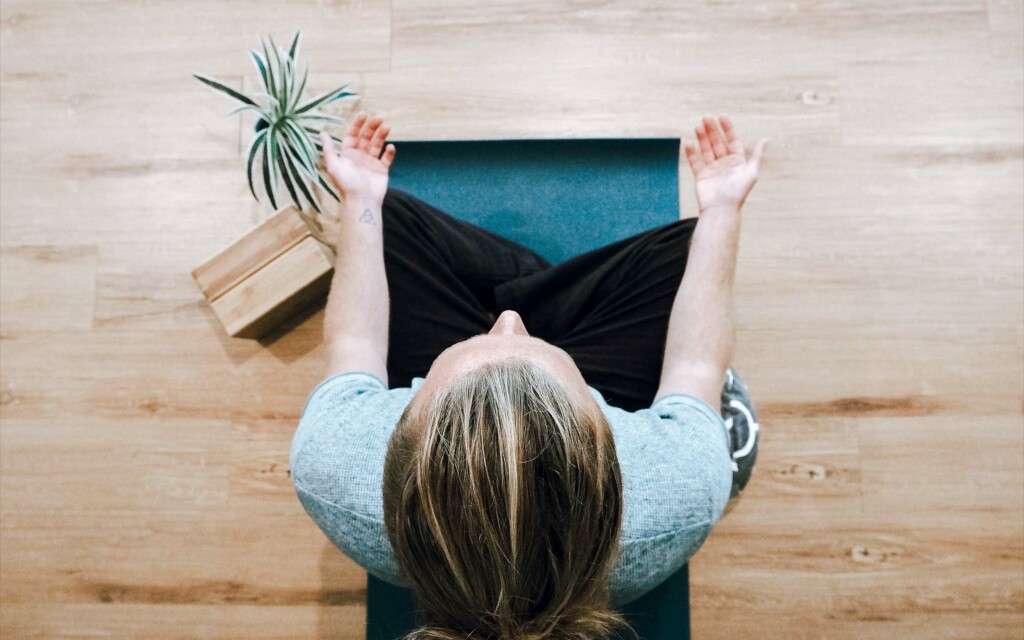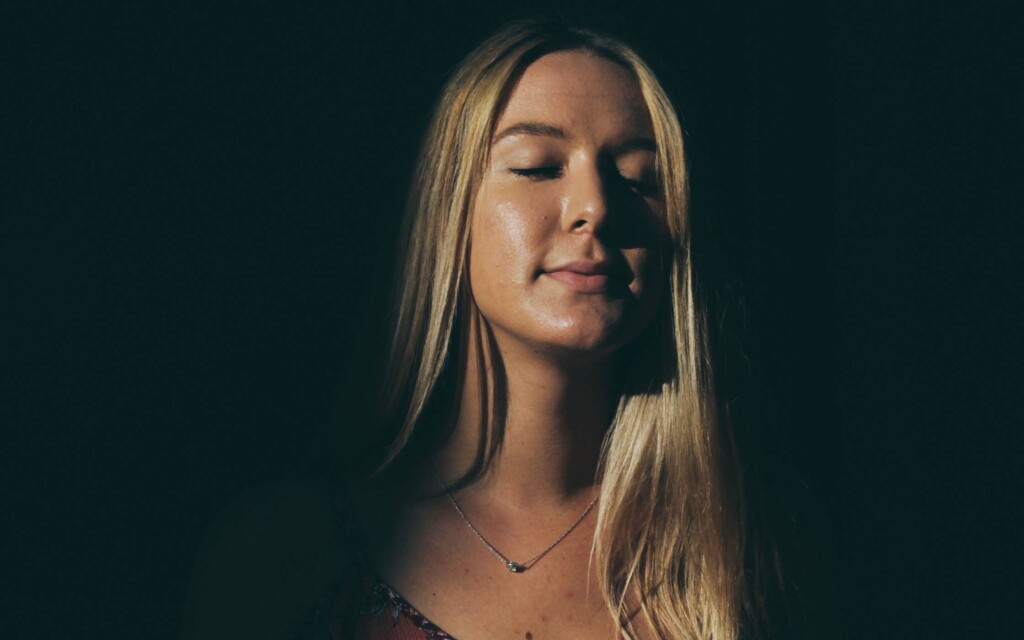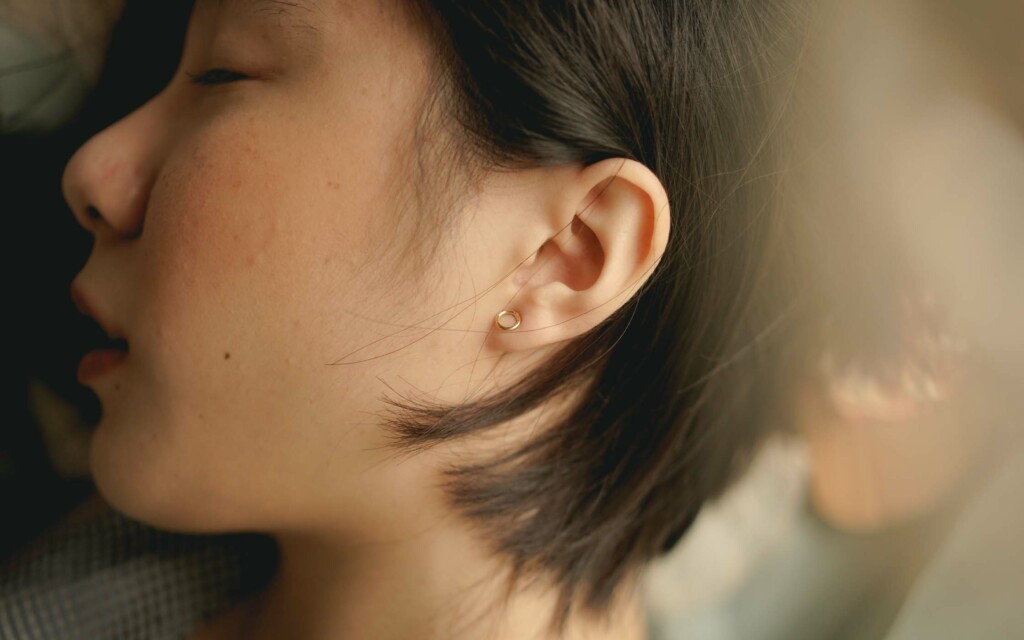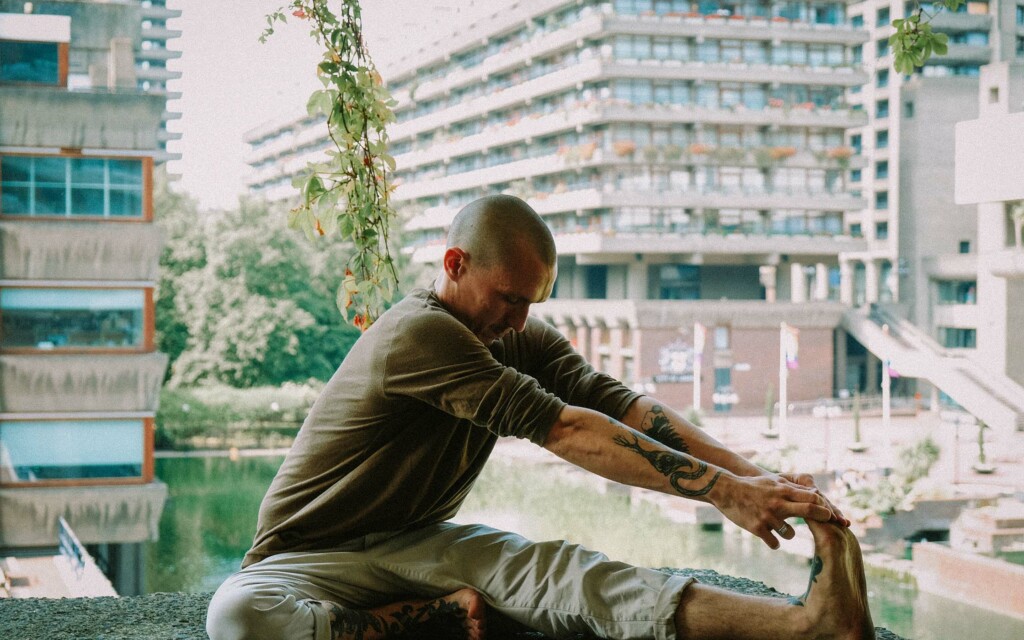Cognitive behavioural therapy has got a sibling. It’s called CBT-I, the I standing for insomnia. Could CBT-I prove itself useful for your sleep hygiene?
CBT-I addresses the thoughts, behaviour, feelings and bodily experiences in your sleep situation.
Most people will experience at least the initial stages of sleep deprivation at some point in their lives.
You might struggle to get to sleep after your shifts change at work, and you’re forced to adjust your entire routine. In most circumstances, your sleep loss will be temporary.
If that’s the case for you, then you can move on with your life, not worrying about sleep until the next time you have a restless night.
However, if you’ve ended up reading this article, then your issues with sleep might not have been as temporary as you had hoped.
It could be that you’re overwhelmed by insomnia. Maybe you’re considering trying pills as a potential treatment method.
While nothing is stopping you from talking to your doctor about medication, popping pills does have its down sides.
Fortunately, CBTI, the special cognitive behavioural therapy solution for insomniacs could be the perfect alternative.
Today, we’ll be looking at how CBT training can address the problem of poor sleep hygiene and help you to overcome your deprivation issues by changing your evening behaviour.

CBT training: What is sleep hygiene training?
CBTI and CBT training for insomniacs is all about getting to the bottom of what’s causing your sleep loss. There are many different kinds of CBT for sleep available today, from stimulus and cognitive control, to biofeedback and progressive muscle relaxation.
With cognitive behavioural therapy you can find out why you’re having such a hard time with getting to sleep or staying asleep. The aim being slowly changing your thought patterns and behaviour around sleep.
While pills treat the side effects and symptoms of sleep deprivation, they’re problematic, because they don’t address the underlying problem.
One of the most common “quick fix” options addressed by insomnia therapists is sleep hygiene training. It’s one of the more simple methods and doesn’t demand a great deal of effort from you.
For most people, addressing poor sleep hygiene is the first step of a successful CBT training strategy.
Sleep hygiene is the term used to refer to the rituals and nightly habits you engage in before you go to sleep.
Some of your habits might be good, like settling down before bed with a hot cup of tea rather than chugging coffee.
Other habits may be more problematic, like browsing through your smartphone and exposing yourself to melatonin-impairing blue light.
Your insomnia therapist will work with you to resolve the components that might be stopping you from getting a good night’s sleep.
This might include your bedroom environment, your activities before bed, and what you do when you actually go to bed.
Because sleep hygiene training concentrates on what you do, more than what you think, it’s often associated with the “behavioural” part of cognitive behavioural therapy.
However, it can have connections to the cognitive side of things too.
After all, only once you understand how your thoughts influence your behaviour can you begin to make positive lifestyle changes. Then eliminate insomnia once and for all.

Your sleep hygiene handout: How to get started
The good news for people who might be concerned about CBT training and CBTI, is that sleep hygiene training is one of the easiest things you’ll do.
While other parts of CBTI look into things like addressing the emotional drivers behind your activities, handling poor sleep hygiene can be as simple as changing your bedding or reducing the number on your thermostat.
Studies into sleep quality have proven that the environment you sleep in can either produce or reduce insomnia. Equally important is your evening routine.
To decide what kind of help you need to overcome poor sleep hygiene, your therapist will begin by talking to you about your sleep strategy, and sleep needs.
One initial step involves figuring out how much sleep you actually need.
While most of us know that the recommended number is between 7 and 9 hours, understanding the exact amount of sleep you need can give you a goal to aim for when you’re working on your CBT training.
Once you know how much sleep you need, the first stage in overcoming poor sleep hygiene will be setting and following a regular schedule.
This means figuring out exactly when you want to go to bed each night, and when you want to wake up.
Your insomnia therapist will advise you to keep your sleep and waking times consistent throughout all days of the week. Hence making sure you sleep for the same amount of time on weekends and days off.
When you have that schedule in place, your therapist will often ask you to keep a sleep diary. To get a good overview make notes on a sleep hygiene handout about things like:
- Trouble getting to sleep or waking up at your scheduled times.
- Days when you have more issues getting to sleep
- Whether you notice any extra stimuli makes a difference
- Levels of stress, created by things like heat, discomfort or the presence of a partner.
- Decisions to take naps during the day, and how long those naps lasted, as well as when you took them.

Improving sleep: Your sleep hygiene worksheet
Improving poor sleep hygiene isn’t just about creating the perfect routine and making sure nothing has a chance to disrupt it.
As you continue with your CBT training, your therapist will also introduce you to other aspects of your sleep hygiene, which could be encouraging insomnia.
If you receive a sleep hygiene worksheet from your therapist, it’s likely to address some of the following things:
Sound
A good sleep hygiene worksheet will consider the impact that sounds have on your risk of sleep deprivation.
You may discover that the sound of the traffic outside keeps you awake, which means using ear plugs or a white noise machine.
Alternatively, you could be kept awake by your partner’s snoring, which may require extra investigation in its own right.
Light
Light is an essential part of sleep hygiene. While getting the right natural light when you wake up can help to strengthen your circadian rhythm and eliminate sleep disruptions, light at night can be problematic.
If the light outside is bothering you, a pair of blackout curtains could be the perfect solution. Alternatively, you could try wearing a sleep mask.
Your therapist might also discover that the time you spend on your smartphone before going to sleep is what’s damaging your sleep quality.
The blue light from some smartphones mimics natural light and makes it more likely that you’ll stay awake.
Temperature
There’s an ideal temperature for falling asleep, and people with poor sleep hygiene might be surprised to learn that it’s cooler than you’d think.
You need a cool bedroom to help your body thermoregulate as you snooze.
Changing your duvet to something more lightweight during the summer, or switching to a mattress that allows for better temperature management, could be a good option if you overheat.
Associations
This component of CBT training for sleep hygiene looks at the “cognition” concept a little more closely. It asks you to think about how you use your bed.
If you’re using it for more than just sex and sleep, then you could be harming the associations your brain has with your bedroom, making it harder to fall asleep.
Diet
The things you eat and drink before you go to bed can make a massive difference to your sleep hygiene.
During CBTI training, your therapist will encourage you to avoid stimulants like caffeine and nicotine, when you’re close to your bedtime.
It can also be helpful to steer clear of foods that might disrupt your sleep, such as fried or fatty foods, heavy or rich foods, and spicy dishes too. These make the body overly active digesting, which doesn’t agree with surrendering to sleep.
Exercise
Exercise is vital to encouraging not just a healthy body, but a better sleeping pattern too. As little as just 10 minutes of aerobic exercise throughout the day can help to improve the quality of sleep.
Additionally, relaxing exercises like meditation and yoga can help to reduce pain and discomfort, making it easier for you to relax throughout the evening.
Routine
What do you do before you go to bed each night? Do you watch exciting television shows that get your adrenaline pumping, or do you relax with a good book?
Could you turn the TV off 1 hour before bedtime ? Could you try a hot bath to help you settle?
When you’re in bed, what do you do?
Do you toss and turn, worrying about not getting enough sleep, or do you practice visualization strategies?

Going beyond poor sleep hygiene
A good sleep hygiene handout is only one component of a complete CBTI strategy.
When you begin CBT training with a therapist the expert you work with will discuss your needs with you carefully. They will do a full evaluation of your background.
A little sleep hygiene training will help you to get rid of any elements in your current routine that are making it harder for you to get a good night’s sleep.
Once you’ve got the poor sleep hygiene issues out of the way, you can begin to work with your CBTI experts on more advanced strategies for overcoming sleep disorders.
Still interested to learn more about CBTI? Check out some of our other articles here at Siestio. We’ve got everything you need to know about therapy for better sleep.
Siestio. Sleep Matters.
Medical disclaimer
You must not rely on the information provided on our website as an alternative to medical advice from your doctor or other healthcare professionals. For more information read our full disclaimer here.







